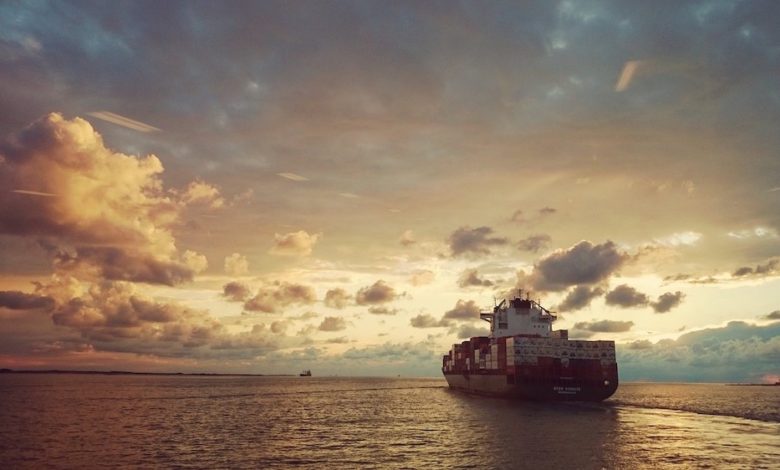Zero emissions by 2050 target gains greater backing among IMO member states

Eleven Asian countries have come out in support of the proposal by the Marshall Islands and Solomon Islands for the zero emissions by 2050 goal at the International Maritime Organization (IMO). These countries have also voiced support for the $100 carbon levy to be introduced by 2025 as proposed earlier this year by the two Pacific archipelagoes.
The 11 participating governments from Asia are: Bangladesh, Bhutan, Cambodia, Laos, Maldives, Mongolia, Nepal, The Philippines, Tajikistan, Timor-Leste and Sri Lanka.
Meanwhile, ahead of what is looking like a rammed agenda for November’s Marine Environment Protection Committee (MEPC) gathering at the IMO, Costa Rica, Norway, the United Kingdom and the United States have submitted a proposal to adopt similar zero emissions proposals to what the Marshall Islands and the Solomon Islands have laid out. The new proposal calls for the IMO to strengthen the levels of ambition in terms of shipping emissions targets for 2030 and 2050, and to introduce new levels of ambition for 2040.
“In this regard, and recognizing the urgency reflected in recent scientific assessments, the co-sponsors propose that the Committee adopt a 2050 level of ambition of zero emissions for the international shipping sector, along with 2030 and 2040 levels of ambition on a trajectory to achieve zero emissions, at the latest, by 2050,” the document sent by the four nations states.
The IMO’s initial greenhouse gas strategy specifies a reduction in CO2 emissions per transport work of at least 40% by 2030 compared to 2008 levels and a reduction in total annual GHG emissions of at least 50% by 2050 compared to 2008 levels.
“These levels of ambition are inconsistent with a trajectory towards zero emissions in 2050, which is needed in order to achieve the temperature goals of the Paris Agreement, and the broader need to decarbonize all sectors of the global economy by 2050 and must be updated accordingly,” the document from the UK, US, Norway and Costa Rica states.
The backers of the more strict green targets are calling for action now and to incentivise near-term action in the 2020s, including a commitment to finalise mid-term measures that enter into force by 2025 and to ensure that significant number of of zero-emission ships are on the water before 2030.
The document sent to the IMO argues that a new 2040 level of ambition is needed to ascertain that the full transition to zero-emission shipping is realised in 2050.
The 77th gathering is due to be held from November 8 to 12, coinciding with COP 26, a major international climate summit, also taking place in the UK. Splash will be bringing readers updates from both events.

All the focus on the maritime aspects, certainly for containerised traffic, overlooks the fact that road transport is arguably a much greater contributor to emissions than the ocean going vessels. Perhaps lines and national ministries should ponder this position.
A herbal fuel additive just by adding 2 ml to 1 litre fuel increases the avarage by 40% and reduces the emission by 80%. Tested tried patented product. It’s instantly available for using and reducing the vehicles, aviation, companies, ships, emissions.